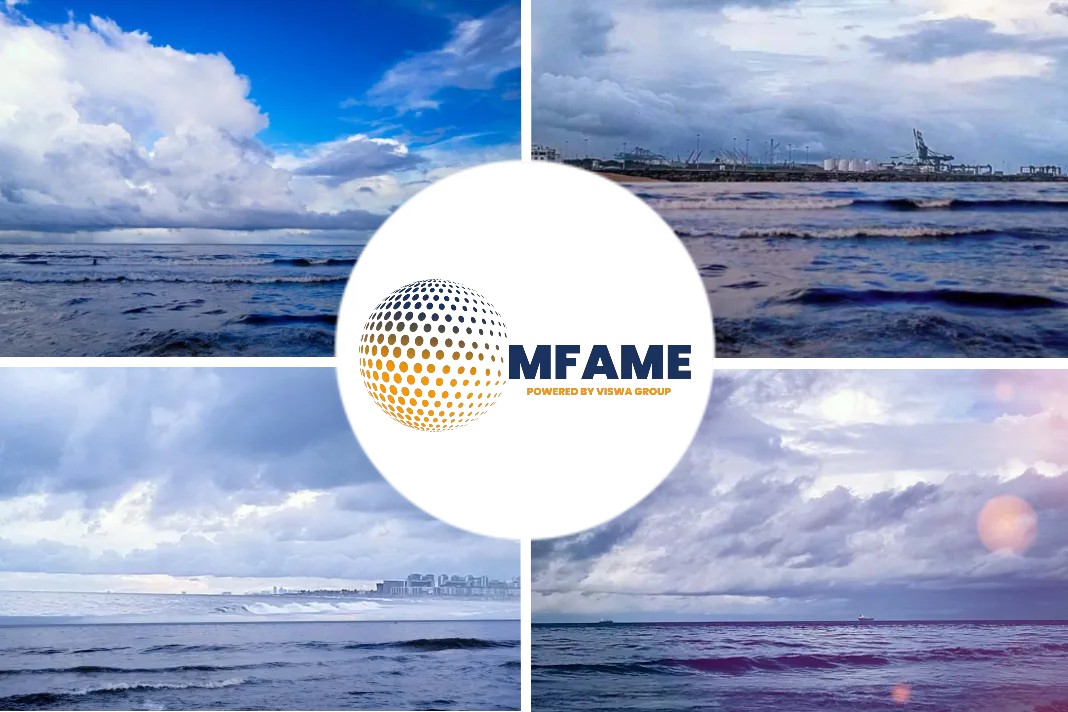
- The UN Development Program announced on 9 March that it had secured the purchase of a very large crude carrier (VLCC) from Belgian shipping company Euronav.
- The UN has paid $55 million to buy the 15-year-old replacement vessel, which has a capacity of 2.1 million barrels.
- The cost of the clean-up operation that would be needed in the event of a spill has been estimated at $20 billion.
United Nations officials say the operation to remove some 1 million barrels of crude oil from the FSO Safer – a stricken tanker abandoned off the coast of Yemen – could be concluded by mid-June, but only if a $34 million funding gap for the operation is first closed.
UN salvaging stricken yemeni tanker
The UN Development Program announced on 9 March that it had secured the purchase of a very large crude carrier (VLCC) from Belgian shipping company Euronav.
The vessel is currently in a drydock in China where it is undergoing maintenance and modifications, but it should be ready to sail next month, arriving in Yemeni waters in early May.
Once in place, the new vessel will be able to take on the crude from the Safer, which will then be towed away and sold for scrap.
David Gressly, UN Resident and Humanitarian Coordinator for Yemen, told Forbes that the transfer operation would take around three weeks and the process could be concluded by mid-June, after checks and other preparations had been made.
Marine salvage company SMIT has been brought in to remove the oil and prepare the Safer for towing to a ‘green’ salvage yard. The scrap value of the vessel could be around $20 million.
Rising budgets
The UN has paid $55 million to buy the 15-year-old replacement vessel, which has capacity of 2.1 million barrels.
That is substantially more than the UN had originally budgeted, as market prices have risen sharply since Russia’s invasion of Ukraine in early 2022 – prior to that conflict the vessel’s cost would have been closer to $30 million.
The UN has secured pledges of $95 million for the operation to date, including more than $12 million from the private sector and over $200,000 from a crowdfunding campaign. Of that, it has received $74.5 million in cash so far.
However, the revised budget for the first phase of the operation, including the transfer of the crude from the Safer, is now $129 million, meaning the UN is still some $34 million short of its goal.
To help fill that gap, the UN is re-launching a crowdfunding appeal which ran in 2021, but more will be needed from other sources.
The UN said it is considering the possibility of redirecting existing UN funds and it will also see if more may be forthcoming from oil and gas companies – the International Association of Oil & Gas Producers has already provided some funds.
Diplomatic breakthrough
The progress made to date on the situation is also a diplomatic success, given the need to ensure the cooperation of both the internationally-recognized government in Aden and the Houthi rebels in Sanaa. “The will is there on all sides,” said Gressly.
The operation cannot come too soon. The Safer is in danger of breaking apart or exploding and the UN has said that the oil spill that would result would devastate local fishing communities, wiping out 200,000 livelihoods and exposing millions of people to highly-polluted air.
It would also likely result in the closure of the ports of Hodeidah and Saleef – which are essential to bring food, fuel and other goods into Yemen, where some 17 million people rely on food assistance.
In addition, desalination plants would be forced to close, cutting off a water source for millions of people.
Oil from the Safer could affect any country that borders the Red Sea. The environmental impact on coral reefs, mangroves and other marine life would be severe. Fish stocks would take 25 years to recover, the UN says.
The cost of the clean-up operation that would be needed in the event of a spill has been estimated at $20 billion.
In addition, disruptions to shipping through the Bab al-Mandab strait to the Suez Canal could cost billions more in global trade losses every day, as happened after the Ever Given grounded in the Suez Canal in 2021 – the operation to free that vessel was also carried out by SMIT.
Did you subscribe to our Newsletter?
It’s Free! Click here to Subscribe.
Source: Forbes





















